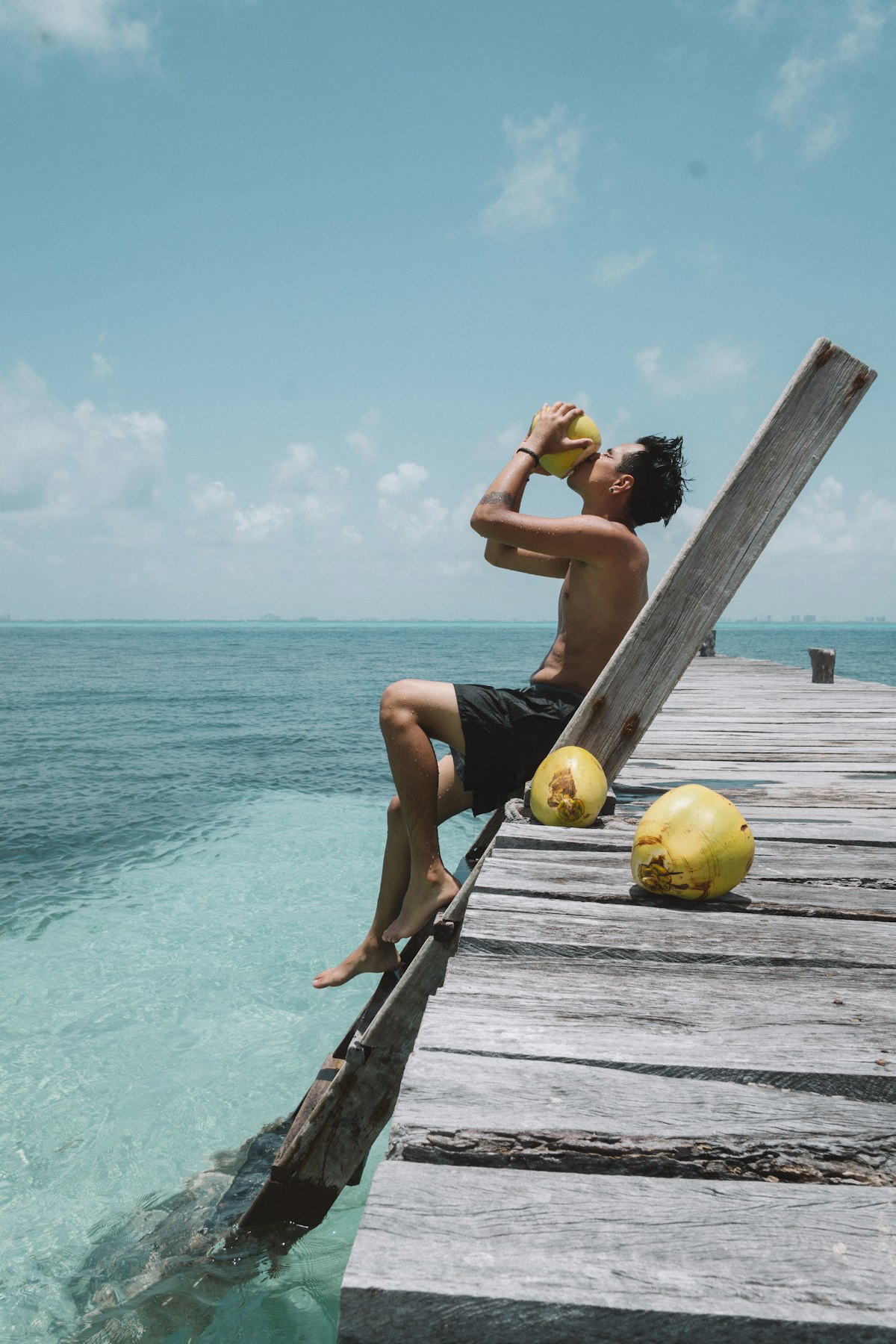Quintana Roo and its tourism sector facing a security crisis due to violence
The state of Quintana Roo, the jewel of the Mexican Caribbean faces recent violence generated by organized crime, which has subdued tourism, its most important economic activity.





